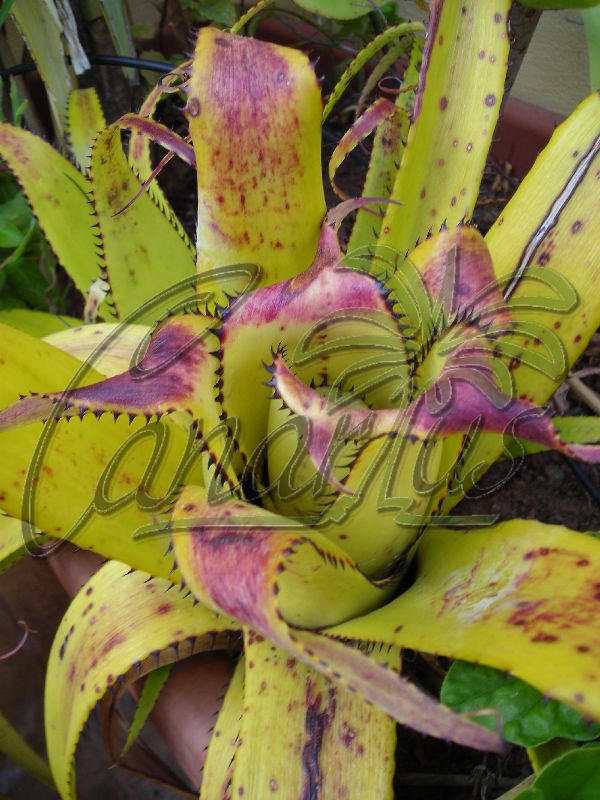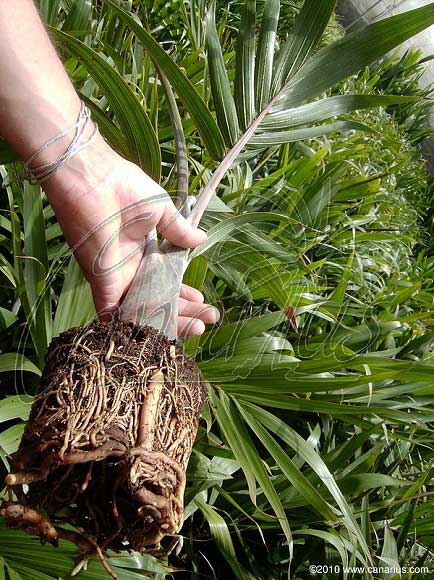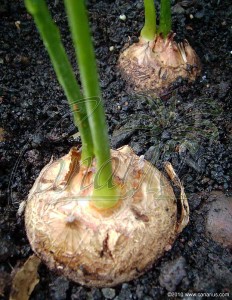Bromeliads, or Bromeliaceae, are highly appreciated plants because of their incredible colours and inflorescences, and their ease of growth in pots.
- Garden Centers througout the world sell floppy-leaved hybrids with green leaves.
- Canarius on the internet offers tough-leaved species with colourful leaves, grown in the Canary Islands.
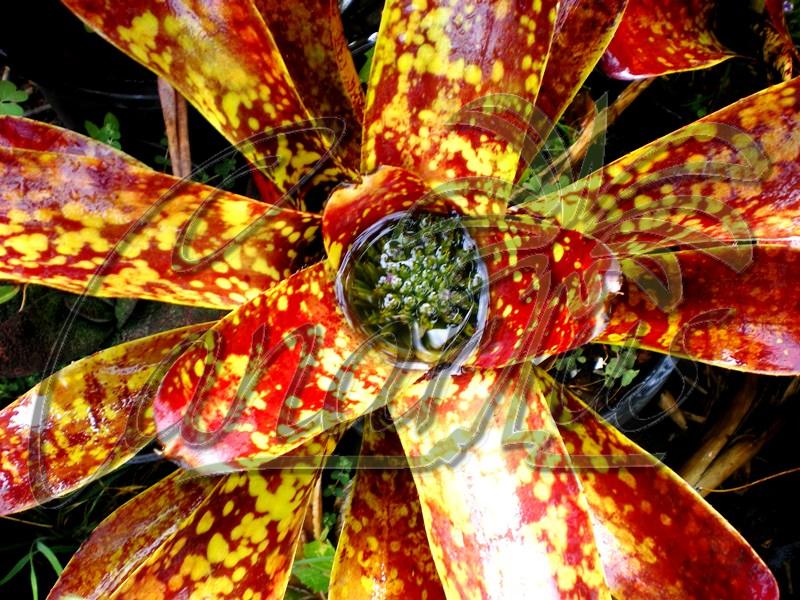
Floppy leaved, green bromeliads
- Taxonomy: These plants often belong to the genera Guzmania and Vriesea
- Conditions: They come from humid forest environments. They grow well in low light, sheltered conditions. They are sensitive to wind, drought, sunlight and temperature shocks. They are good for the terrarium.
- Where: in the greenhouse, terrarium, sheltered patio.
Tough-leaved, colourful bromeliads
- Taxonomy: Most of them belong to the genera Aechmea, Billbergia and Neoregelia.
- Conditions: They grow well in non-tropical climates. They like temperature changes and can better stand outdoors conditions in general. They seldom burn in the hottest sun, they stand wind very well. Many of the tough-leaved Bromeliaceae are resistant to occasional frosts, without any damage. They will always tolerate drought for days or even weeks. Most of our species will thrive outdoors in mediterranean climates, with minimal protection.
- Where: In the garden, sunny patio, balcony or terrace, being Subtropical and Mediterranean to Warm Temperate. They can be kept in your home during the colder months.
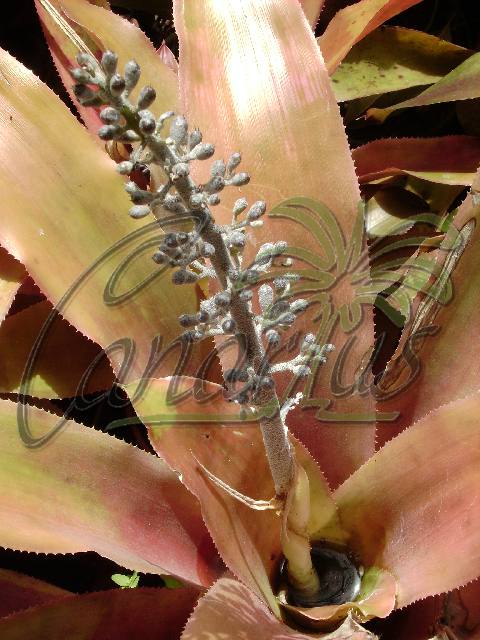
—————————————————————————————-
Our Shop
Please visit the Bromeliad Section of our Shop and check back often, because we offerent different bromeliads at different times of the year. We ship bromeliads to anywhere in Europe. Our bromeliads are already growing in many European countries, such as Spain, Ireland, Italy, Poland, and Germany. All bromeliads in catalogue are sold as bare-rooted “pups”, which are the robust basal suckers produced after blooming. Our pups are very easy to root – some will already show some roots when you open the box.
